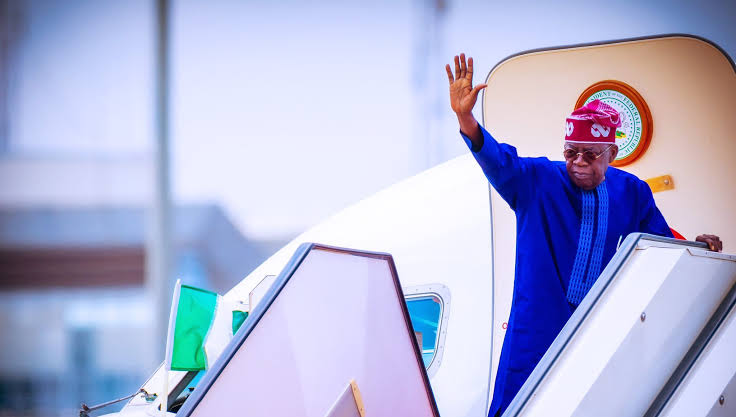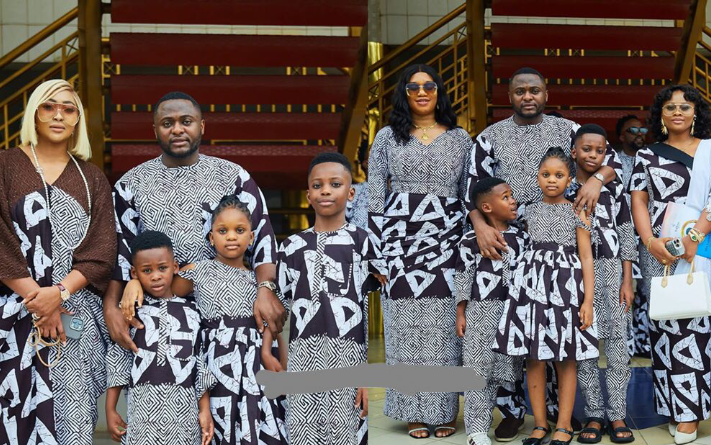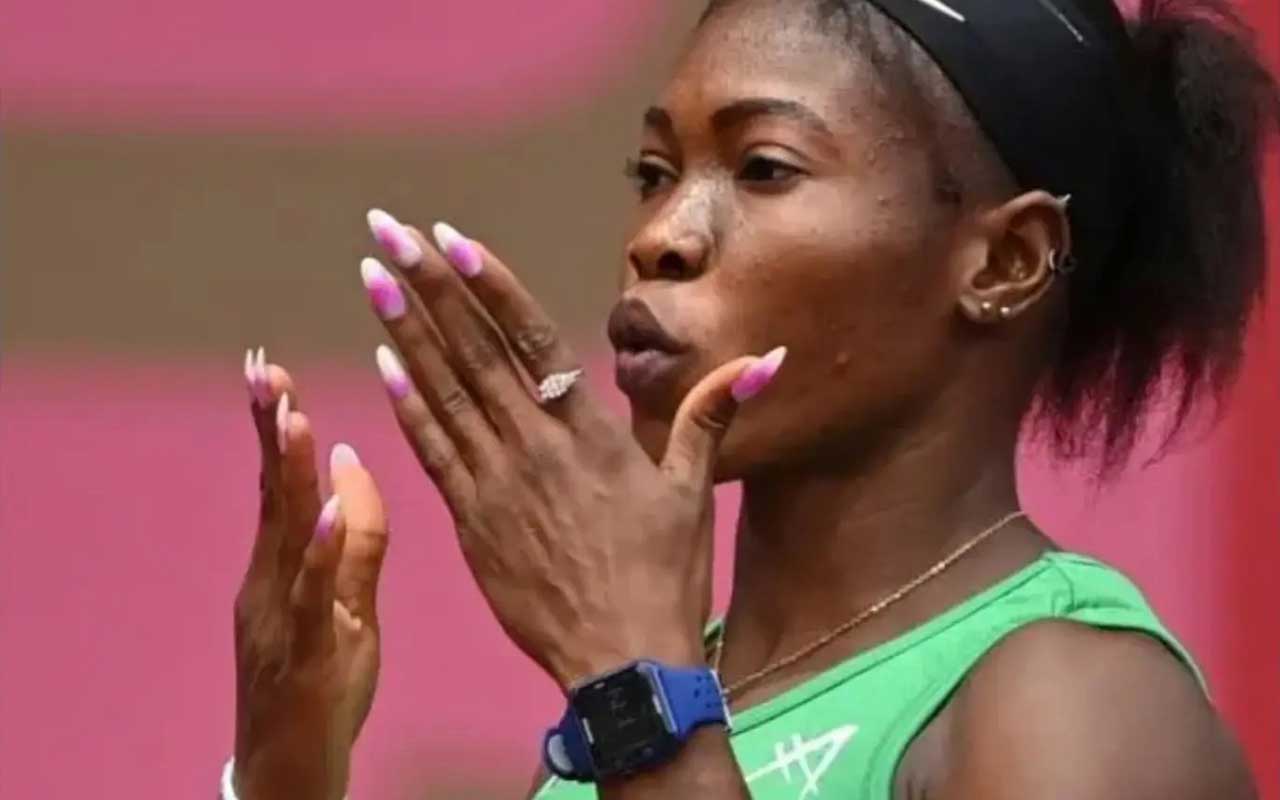
Tinubu Sets Sights on Strengthening Global Ties with High-Profile Visits to Japan and Brazil

President Bola Ahmed Tinubu is preparing to embark on a strategic diplomatic mission that will see him leave Abuja on Thursday, August 14, for a two-continent tour aimed at deepening Nigeria’s economic, political, and bilateral relationships with key global partners. The trip, which includes a stopover in Dubai, United Arab Emirates, will take him first to Yokohama, Japan, for the highly anticipated Ninth Tokyo International Conference on African Development (TICAD9), before proceeding to Brasilia, Brazil, for a state visit at the invitation of President Luiz Inácio Lula da Silva.
According to a statement issued by presidential spokesman Bayo Onanuga, Tinubu’s first engagement will be at TICAD9, scheduled from August 20 to 22 in Japan. This year’s conference carries the theme, “Co-create Innovative Solutions with Africa”, signaling a renewed focus on collaborative, forward-thinking approaches to Africa’s most pressing challenges. With the aim of accelerating economic transformation, advancing institutional reforms, and improving the continent’s business climate, the forum is expected to place strong emphasis on fostering private sector investment, driving innovation, and promoting a resilient, sustainable African society built on human security, peace, and stability.
The Tokyo International Conference on African Development, established in 1993 by the Japanese government, has grown into one of the most influential platforms for African nations to engage directly with Japan and other global stakeholders. Co-hosted by the United Nations, the United Nations Development Programme (UNDP), the African Union Commission, and the World Bank, TICAD convenes every three years, alternating between Japan and an African nation. The 2022 edition was held in Tunisia, and this year’s event in Japan is expected to attract an array of global leaders, policymakers, development partners, and corporate executives.
While in Japan, President Tinubu is not expected to limit his engagement to plenary sessions. He will hold bilateral talks with senior Japanese government officials and meet with top executives of Japanese companies that have invested or are planning to invest in Nigeria. These high-level business meetings are aimed at not only consolidating existing economic partnerships but also unlocking new investment commitments in critical sectors such as infrastructure, technology, manufacturing, and renewable energy. Nigeria, with its vast market potential, strategic geographic location, and youthful workforce, is increasingly seen as an attractive destination for Asian investors, and Tinubu’s presence at TICAD9 is set to further strengthen that narrative.
Following the conclusion of TICAD9, the president will head to Brazil for a two-day state visit scheduled from August 24 to 25. This visit marks a significant moment in Nigeria-Brazil relations, as it comes at the invitation of President Luiz Inácio Lula da Silva, who has long been an advocate of South-South cooperation. The two leaders are expected to hold comprehensive bilateral talks covering a wide range of issues, from trade and investment to cultural exchanges and diplomatic collaboration on global platforms.
In Brasilia, President Tinubu will also participate in a high-profile business forum with Brazilian investors, accompanied by a strong Nigerian delegation that will include ministers and senior government officials. The delegation will engage in negotiations aimed at securing agreements and Memoranda of Understanding (MoUs) designed to strengthen cooperation in agriculture, energy, infrastructure development, and other mutually beneficial sectors. This initiative reflects Tinubu’s ongoing commitment to diversifying Nigeria’s economic partnerships beyond its traditional allies, tapping into emerging markets, and enhancing Nigeria’s presence in the global economy.
The president’s upcoming journey comes at a time when Nigeria is seeking to reposition itself as a major player in international trade and diplomacy. By attending TICAD9 and engaging directly with Japanese and Brazilian counterparts, Tinubu is sending a clear signal that his administration is intent on pursuing robust, multifaceted foreign relations. The trip also aligns with his broader vision of attracting significant foreign direct investment, promoting economic growth, and fostering innovation as catalysts for national development.
Observers note that Japan’s interest in Africa has been steadily increasing, driven by the continent’s natural resources, burgeoning consumer markets, and untapped technological potential. TICAD has served as a bridge between African development aspirations and Japan’s industrial expertise, financial resources, and technological innovation. For Nigeria, engaging in this dialogue offers a prime opportunity to showcase investment-ready projects, negotiate favorable trade deals, and form strategic alliances that can address pressing domestic challenges such as infrastructure deficits, energy shortages, and job creation.
Similarly, Brazil represents a key partner for Nigeria, not only because of their shared membership in the Global South but also due to commonalities in culture, demographics, and economic structure. Both nations have large agricultural sectors, growing industrial bases, and significant roles in regional leadership. Strengthening Nigeria-Brazil relations could lead to increased bilateral trade, joint research initiatives, and collaborations in areas such as biofuels, agribusiness, and educational exchanges.
The stopover in Dubai, though brief, is also notable. The United Arab Emirates has emerged as a critical global hub for trade, finance, and tourism, and serves as a strategic transit point for international diplomacy. While no official agenda has been announced for the Dubai leg, it is not uncommon for such visits to include discreet high-level discussions with Emirati officials or potential investors.
As the world becomes increasingly interconnected, diplomatic missions such as this underscore the importance of leaders engaging directly with diverse global partners. For President Tinubu, the Japan-Brazil tour is more than a ceremonial trip—it is a calculated effort to secure Nigeria’s position in emerging economic networks, attract vital investment, and strengthen strategic alliances that can yield long-term benefits for the nation.
Political analysts suggest that the success of this mission will depend not just on the high-level meetings themselves, but also on the follow-through by Nigerian ministries and agencies tasked with implementing any agreements reached. Ensuring that MoUs translate into tangible results on the ground—whether in the form of new infrastructure projects, expanded market access, or technology transfers—will be key to turning diplomatic goodwill into sustainable development gains.
As the president prepares to take off from Abuja, all eyes will be on how Nigeria leverages these opportunities on the world stage. From the innovation-focused halls of TICAD9 in Yokohama to the investment-driven discussions in Brasilia, this trip has the potential to shape Nigeria’s foreign policy trajectory in meaningful ways. If effectively executed, it could mark a significant step in the country’s quest for economic transformation, global competitiveness, and strengthened international partnerships.
President Tinubu’s departure this Thursday sets in motion a diplomatic itinerary that is as ambitious as it is strategic. With stops in Asia and South America—and a pivotal transit through the Middle East—this journey represents a deliberate push to diversify Nigeria’s alliances, court investment, and position the nation as an influential voice in global affairs. The coming weeks will reveal whether these efforts translate into concrete advancements for Nigeria’s economy and international standing, but one thing is certain: the stakes, and the opportunities, could not be higher.


